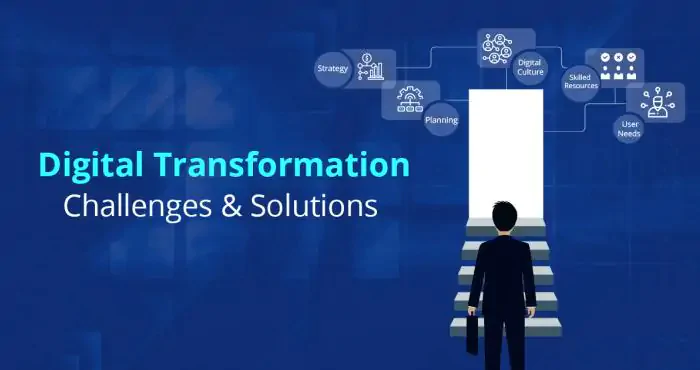Artificial Intelligence (AI) is rapidly advancing and permeating various aspects of society, raising important ethical considerations. As AI technologies become more powerful and influential, it is crucial to examine the ethical implications they pose. In this article, we explore the challenges and potential solutions associated with the ethics of AI.

1. Bias and Fairness:
One of the key challenges in AI ethics is addressing bias and ensuring fairness in AI systems. AI algorithms are trained on vast amounts of data, which can unintentionally reflect societal biases and perpetuate discrimination. To mitigate this, developers and researchers must actively work to identify and address bias in data and algorithms, employing techniques such as data preprocessing, diverse dataset collection, and fairness metrics.
2. Transparency and Explainability:
AI systems often operate as “black boxes,” making it difficult to understand the reasoning behind their decisions. This lack of transparency raises concerns about accountability, especially in critical domains like healthcare and justice. Researchers and developers are exploring methods such as explainable AI (XAI) to enhance transparency, allowing users to understand how AI systems arrive at their conclusions and facilitating trust and accountability.
3. Privacy and Data Protection:
AI systems heavily rely on vast amounts of data, raising privacy concerns. The collection, storage, and analysis of personal data can infringe upon individuals’ privacy rights if not properly handled. Organizations must adhere to stringent data protection regulations, implement robust security measures, and obtain informed consent for data usage. Additionally, data anonymization and privacy-preserving techniques can be employed to protect individuals’ privacy while still enabling AI advancements.
4. Autonomy and Decision-Making:
AI systems capable of autonomous decision-making raise questions about accountability and human oversight. In domains such as autonomous vehicles and healthcare, ethical frameworks must be established to ensure that AI systems align with human values and prioritize safety. Guidelines and regulations should be in place to address the responsibilities and liabilities of developers, users, and governing bodies.
5. Socioeconomic Impacts and Job Displacement:
The widespread adoption of AI technologies has the potential to disrupt industries and lead to job displacement. Ethical considerations include ensuring a just transition for workers, promoting reskilling and upskilling initiatives, and addressing socioeconomic inequalities exacerbated by AI. Policies and initiatives that support a smooth transition and equitable distribution of the benefits of AI should be implemented.
6. Accountability and Governance:
Establishing clear accountability and governance frameworks for AI is crucial. Ethical guidelines and regulations should be developed to address issues like bias, discrimination, privacy, and safety. Collaboration between policymakers, AI researchers, industry experts, and ethicists is essential to ensure responsible development and deployment of AI technologies.

Conclusion:
The ethical implications of artificial intelligence are multifaceted and require ongoing attention. Addressing challenges related to bias, transparency, privacy, autonomy, socioeconomic impacts, and accountability is crucial for the responsible development and deployment of AI. By fostering interdisciplinary collaboration, engaging in public dialogue, and implementing robust governance mechanisms, society can maximize the benefits of AI while minimizing its potential risks. Striking the right balance between technological advancement and ethical considerations is key to building a future where AI serves humanity’s best interests.